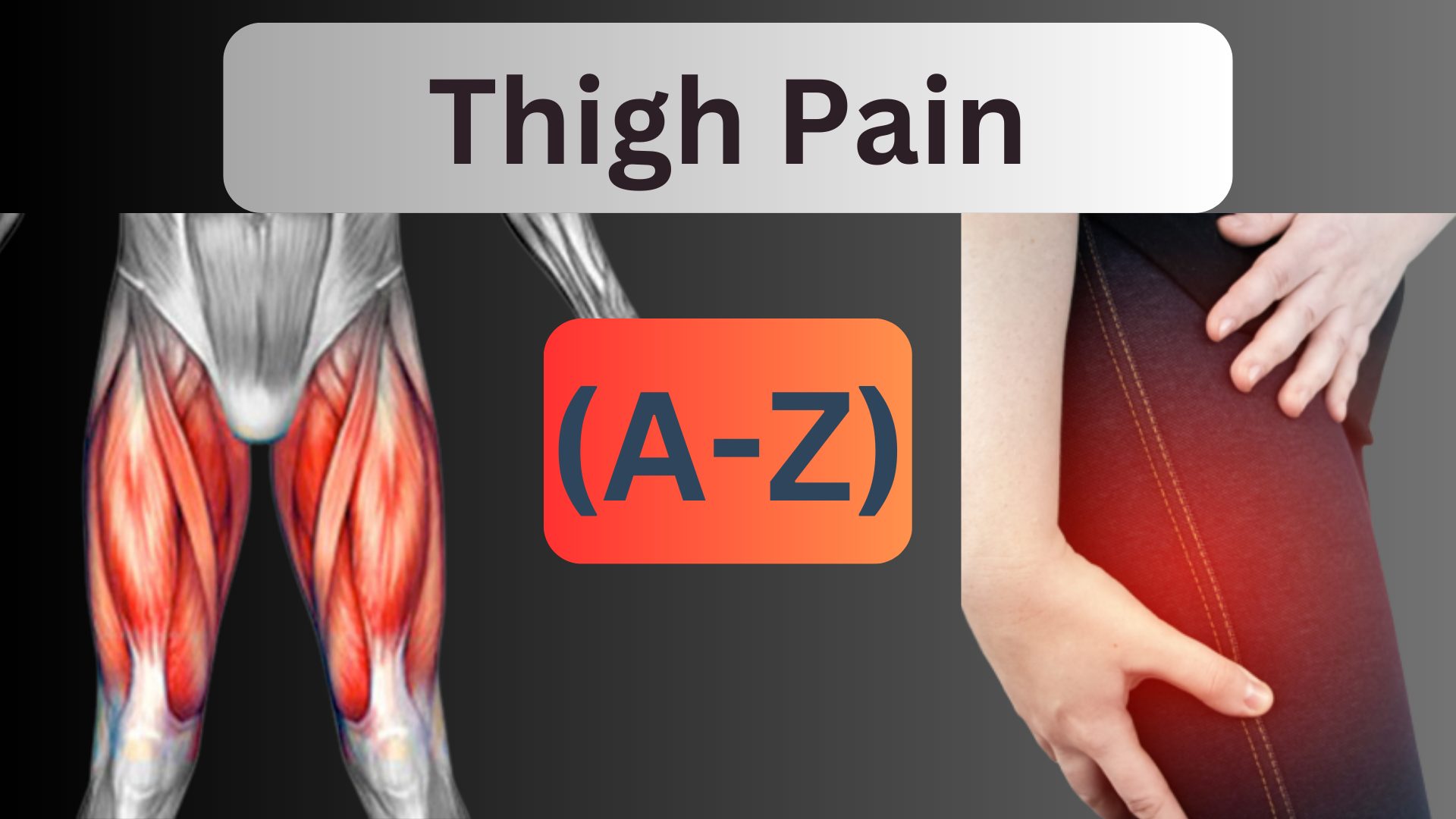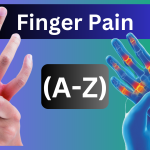Our thighs are heavily used in our daily lives, allowing us to stand up, move our legs, and consequently, move our finish body. Therefore, pain in the thighs is fairly typical and can have a variety of causes due to these activities.
One bone, the femur, makes up your thighs, along with numerous muscles, tendons, ligaments, nerves, and blood vessels, all of those can cause pain in the thighs.
What Causes Thigh Pain?
An injury that resulted in thigh issues could have been caused by:
- Overexertion or twisting during sports or activities
- A tumble
- A direct strike to the thigh
You might also have unexpected causes for the thigh pain. So, in this condition you need to take the support with your docctor.
Thigh pain can be caused by an injury, start during physically demanding activity, and stop – or continue – at rest. Even without any effort, it may occur. At the very least, it might affect one or both thighs.
Can Thigh Pain Cause Problems Anywhere Else?
The muscles around your hip, knee, or calf could hurt. As your thigh issue gets better, this ought to get better it’s self.
You might need to speak to a healthcare provider if you experience them for more than six weeks.
Even though you have no discomfort in your back, sometimes issues with your thigh can be caused by a back issue. People who experience this kind of pain often describe it as being sharp, hot, or burning.
Types of Thigh Pain?
There are actually several classifications of thigh pain. You could experience thigh pain in your inner or outside thighs, front or rear of your thigh, right away under your buttock, or adjacent to your groyne, for instance. The pain could be generalized or localized only to a small place.
Diagnosis of Thigh Pain?
Your thigh may be felt by a doctor, who will also evaluate the surrounding muscles and joints ( Click to learn about joint pain). They will probably also watch you walk and move about, and measure your strength. Your thigh discomfort may be diagnosed using a variety of tests like:
Diagnostic tests X-ray:
This test looks for fractures or arthritis as the source of your discomfort by looking at the bones in your thigh, knee, or hip.
Electromyography (EMG) test:
The EMG shows to the healthcare provider how your thigh’s nerves are operating. It may also reveal whether your thigh pain has been put on by a pinched nerve or a lack of nerve function.
Magnetic resonance imaging (MRI):
An MRI generates images of your thigh’s soft tissue and spinal cord. It can be used to check for muscle or tendon tears in addition to signs of a pinched nerve.
An ultrasound scan may be used to see the arteries and veins in the area of your thigh. A blood clot can be checked for with this.
How Is Thigh Pain Treated?
The diagnosis will decide how to treat your thigh pain. You may be able to manage your thigh discomfort on your own in some circumstances. Some medical conditions that cause thigh pain, though, are emergencies. Best medicine to treat it is: Aspadol 100mg & Pain O Soma 500mg.
Get medical help right once if a blood clot is the source of your pain. A blood clot often requires anti-embolism treatment and management with blood thinners.
Exercise it has been proven that exercise can relieve thigh pain involving your muscles, bones, ligaments, tendons, and nerves. The term “musculoskeletal system” refers to this.
How do I know if my thigh pain is serious?
The following signs and symptoms should prompt a trip to the doctor: severe pain that interferes with daily activities (such as making it difficult to walk).
Symptoms of infection include thigh discomfort that is accompanied by a fever or other illness Thigh pain accompanied with redness, swelling, and skin heat (which may be an indication of a blood clot).
What nerve causes pain in front of thigh?
The femoral nerve runs down the front of the thigh from the pelvis. It supports the muscles that straighten the leg and move the hip. It gives the front of the thigh and a portion of the lower leg feeling (sensation).
Can walking reduce thigh pain?
The motion, which offers a variety of other advantages, essentially shakes your legs out and helps remove the soreness that has just gathered from your workout.
How long should thigh pain last?
In many cases, new pain or a flare-up of chronic thigh problems should start to go away in 6 weeks or less without the need for medical treatment.
Can thigh pain be serious?
The most serious adverse effect of thigh discomfort is frequently DVT, which can be fatal if left untreated. You should visit a doctor if you have any of the following symptoms: breathing difficulty. Anxiety.




2 Comments